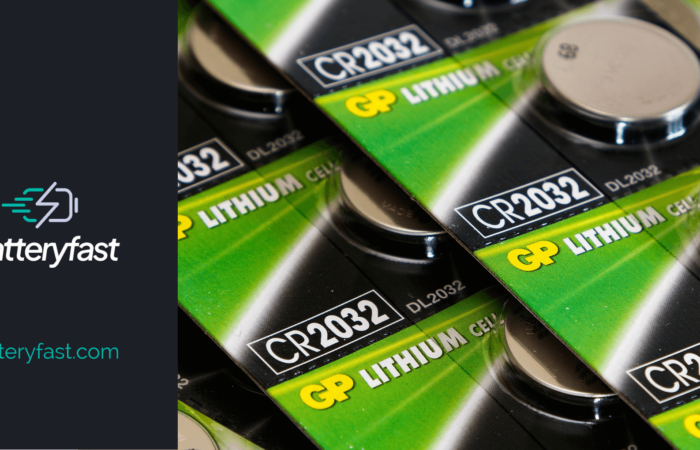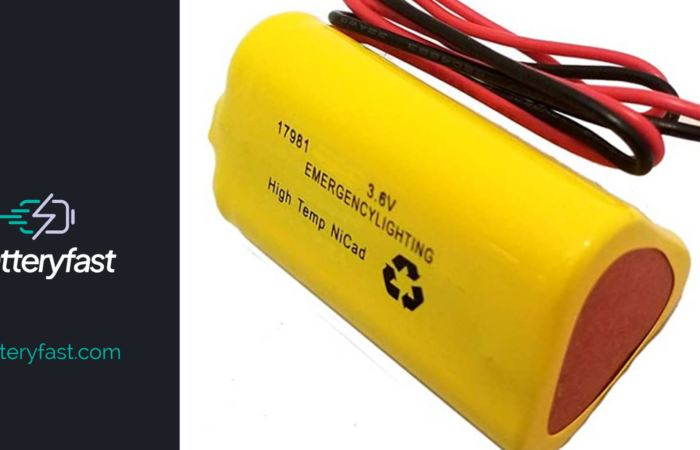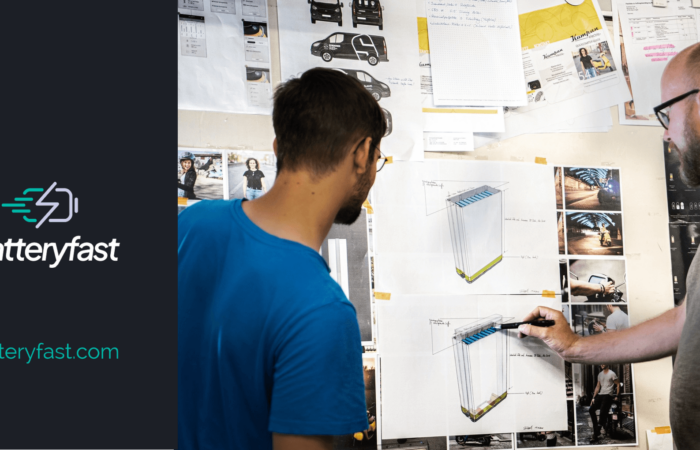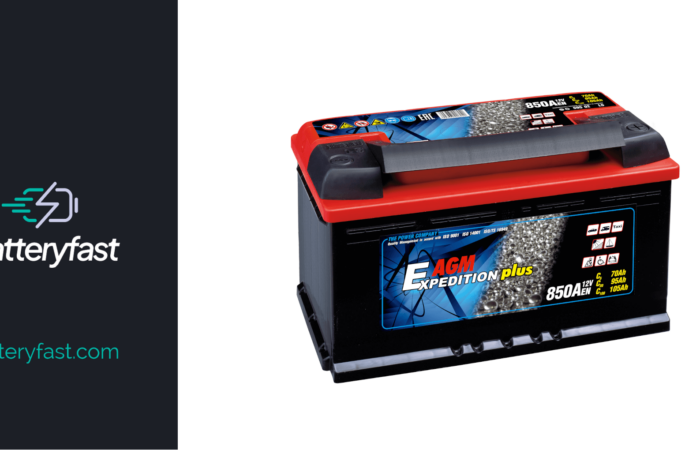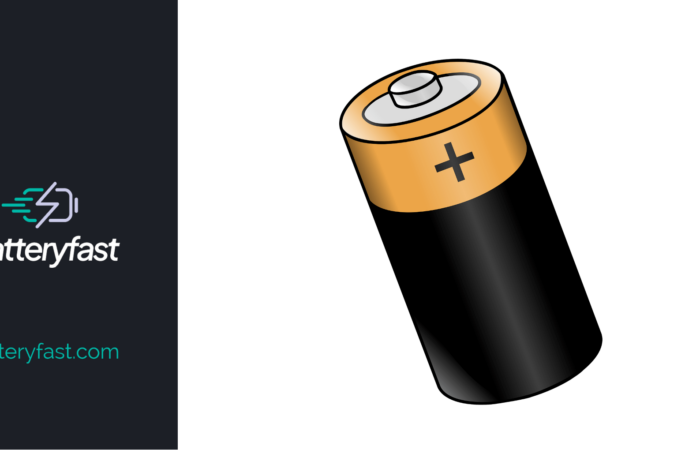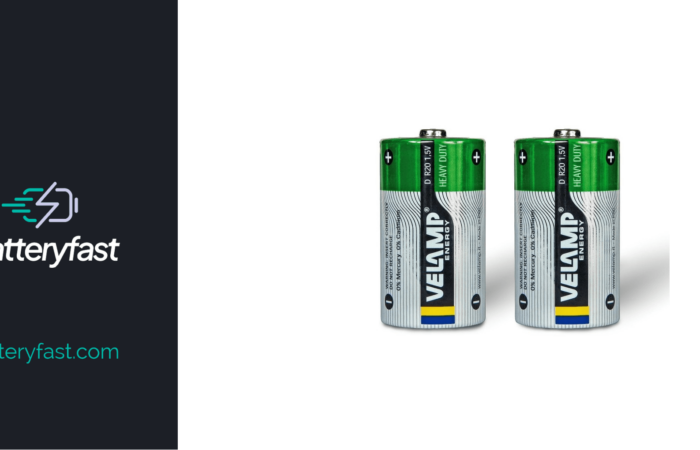Lithium Vs Lithium Ion
Confused about lithium and lithium ion batteries? They have many similarities, but also key differences. Introduction Lithium and lithium-ion batteries are two kinds of rechargeable batteries used in portable electronic devices. They both have lithium, but have different designs and uses. Lithium batteries came out in 1991. They are powerful and disposable, having twice […]

